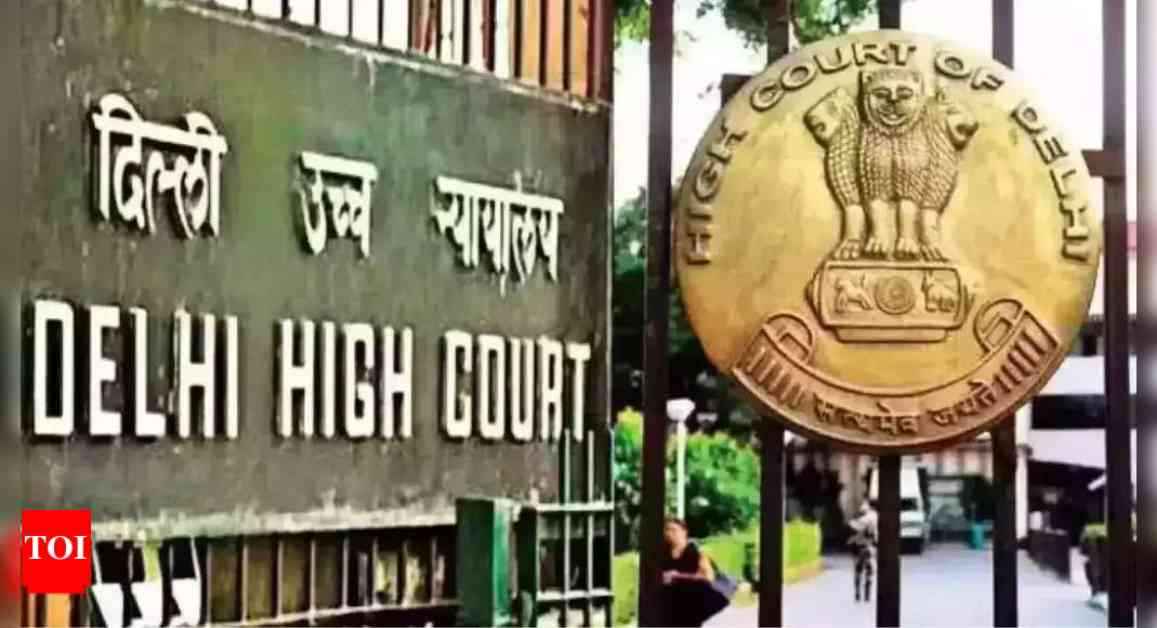The Delhi High Court recently made a significant ruling regarding the extraction of water through illegal borewells in the city. The court expressed deep concern over the impact of this illegal activity on the water levels in Delhi, warning that the city could potentially face a severe water crisis similar to what Johannesburg, South Africa experienced in the past.
In a recent hearing on April 9, the High Court remarked that the extraction of water through illegal borewells is tantamount to a sin, emphasizing the urgent need for some form of deterrence against offenders. The bench, comprising Chief Justice D K Upadhyaya and Justice Tushar Rao Gedela, highlighted the gravity of the situation by drawing parallels to the water crisis in Johannesburg, where the city grappled with months of water shortage.
The case that led to this ruling originated from a plea filed by advocate Sunil Kumar Sharma, who raised concerns about illegal borewells at a construction site on Goenka Road in Roshanara area. The discrepancy in the number of borewells reported by different authorities, with MCD citing six borewells and the Daryaganj SDM confirming three sealed borewells, further underscored the need for immediate action.
To address the issue effectively, the court ordered a joint inspection of the property by senior officials from various departments, including MCD, DJB, and the local police station. The inspection aimed to assess the impact of illegal borewells on the water levels and ensure that any operational illegal borewells were promptly sealed.
Recognizing the urgency of the situation, the bench directed a survey of the building to be conducted by a team of high-ranking officials within a stringent 10-day deadline. This survey would not only identify any existing illegal borewells but also document their operational history and potential environmental impact.
Moreover, the court indicated its willingness to consider imposing environmental compensation based on the findings of the survey, underscoring the importance of holding offenders accountable for their actions. The next hearing on this matter is scheduled for July 30, where further decisions on the matter will be made.
The petitioner’s plea highlighted the potential risks posed by illegal borewells to both local residents and the environment, particularly with approximately 100 flats under construction at the site. Despite the petitioner’s efforts to raise the issue with authorities through representations, no concrete action had been taken to address the problem.
As Delhi continues to grapple with the consequences of illegal borewell water extraction, it is imperative for civic authorities and law enforcement agencies to collaborate effectively in enforcing regulations and preventing further depletion of the city’s water resources. The court’s ruling serves as a stark reminder of the urgent need to safeguard Delhi’s water supply and hold accountable those who jeopardize it through unlawful means.














